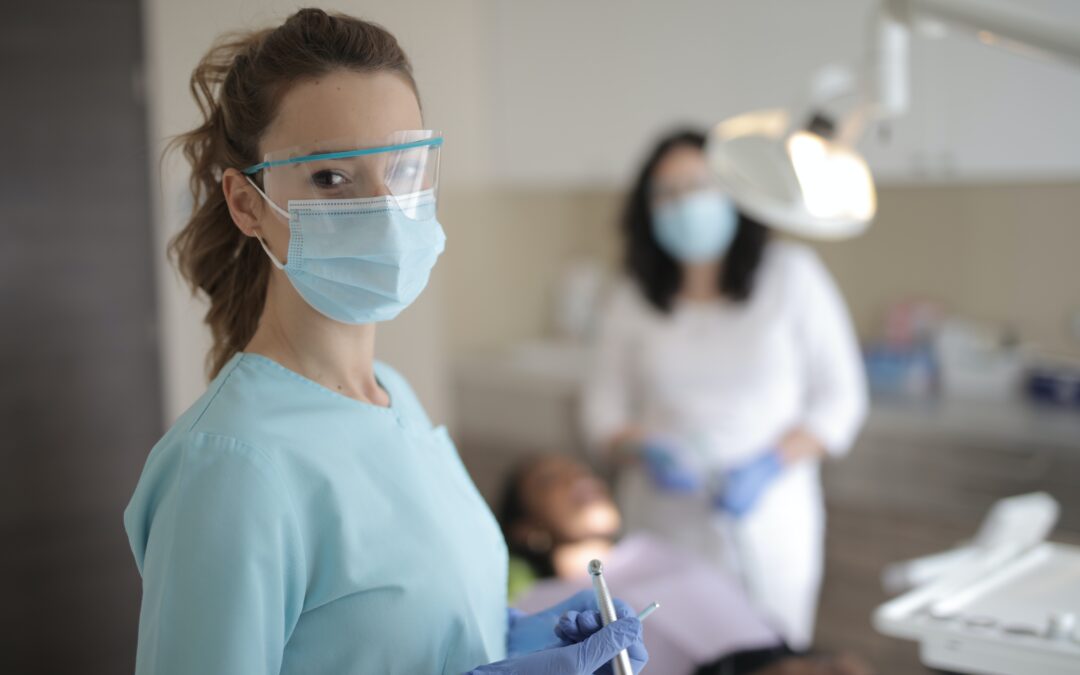


Information on Entry Level Master’s Programs in Nursing
Get Started Today Call: 888-839-9997 e-mail: [email protected] 20 Minutes Free Consultation Entry level master’s programs in nursing Demand for nurses has been increasing over the course of the last few years. According to the Bureau for Labor Statistics, employment for registered nurses will increase by 15% from 2016 to 2026. This is greater than the average increase for various occupations. Nursing is a popular field because it affords a rewarding career and financial security. For those who opt to pursue a career in nursing, there are various educational routes. If you have already completed your undergraduate education in another field, it’s not too late to switch to nursing. Many students pursue their nursing education after finishing their bachelor’s degree in another discipline. Traditionally, these individuals return to school to get a second bachelor’s degree in nursing (BSN). While this is still a good option, an alternative that is becoming popular is an entry level master’s program in nursing. These programs are designed specifically for individuals without a nursing bachelor’s degree, allowing prospective nurses to begin their nursing education at the master’s level. We have seen students enter these programs from a variety of diverse backgrounds, ranging from engineering to the arts to biology. After completing virtually any of the entry level master’s programs in nursing, an individual can sit for the NCLEX exam and subsequently obtain their licensure as a Registered Nurse (RN). Most of these programs also provide individuals with the credentials required to pursue further graduate training. After finishing the entry level master’s program, many continue their education in a master’s level nurse practitioner program or...
Exam requirements for advanced standing dental programs
Look No Further. Get Started Today. Call: 888-839-9997 e-mail: [email protected] 20 Minutes Free Consultation International dentists who seek admission into advanced standing programs in the United States must demonstrate strong academic backgrounds and readiness to pursue dental education in this country. Schools evaluate applicants to advanced standing programs in a number of ways including based on their standardized test scores. Most if not all advanced standing programs require applicants to pass the National Board of Dental Examiners part 1 before applying to their programs. Many also require part 2 of this exam and some recommend it. As a result, to be able to cast a wide net and have many options when applying, it is always a good idea for applicants to consider taking and passing both of these examinations. But in addition to these exams, the TOEFL is also an important aspect of a successful application to advanced standing dental programs. The TOEFL tells programs whether an applicant has the English language proficiency to excel in dental school. Since the board exams are not scored and are only pass/fail, some schools place great emphasis on the TOEFL examination and look for applicants with high scores. In addition, the Advanced Dental Admissions Test is becoming more popular as a way of assessing applicants. While virtually none of the advanced standing programs require this exam, some do recommend it. Doing well on this exam is a good way for applicants to distinguish themselves from the crowd, especially at those programs that recommend this examination. Applying to advanced standing requires careful strategic planning and part of that planning should...
Four ways for pre-dental students to have fun and be productive over break
Look No Further. Get Started Today. Call: 888-839-9997 e-mail: [email protected] 20 Minutes Free Consultation You’ve spent the whole semester studying long nights in the library and acing those exams. Now, finally – finally! – You’ve made it to break. Winter break, spring break, summer break, and long weekends all present an opportunity for you to both work hard and play hard. How can you maximize your time off from your pre-dental studies while having a good time? Check out our four top tips to make the most of your school breaks to have fun and to benefit you on your journey to dental school. Make a list of goals Create a prioritized list of goals you want to accomplish over your break. Lists will keep you accountable and organized. Plan a specific deadline to complete each task and stick to your deadlines. You may find yourself working more efficiently by setting goals with a deadline. It can feel incredibly satisfying to complete goals on your list, one-by-one. Keep checking your list throughout break to stay on track. Make sure you balance your work with things that are fun and important to you, too, like resting or spending time with your family and friends. You’ll feel satisfied at the end of your break after you’ve accomplished most, even maybe all, of your goals. Travel Extended school breaks are opportunities to travel domestically or even internationally. Decide where you would like to travel based on your time and budget. Consider opportunities through your university, student groups, or local organizations. Your university may have study abroad programs. Make sure to start...
Use school breaks to improve your dental school application
Look No Further. Get Started Today. Call: 888-839-9997 e-mail: [email protected] 20 Minutes Free Consultation It always feels like a struggle to find the time to study, volunteer, eat well, exercise, have a social life, and the million other things you want to get done during the school year. Winter break, spring break, summer break, and long weekends are all times to take a deep breath. Breaks are also a unique time to improve your dental school application in ways that you can’t during the school year. Check out our top five tips to make the most of your school breaks to benefit you on your journey to dental school. Learn more about specific dental schools Breaks can allow you to explore what dental schools you want to attend. Reach out to admissions offices at schools to see if they offer open house events or tours. If they don’t, ask the admissions office if you could schedule an unofficial visit to see the school or if they could connect you with current dental students or alumni. Learning about dental schools will help you choose which schools you want to apply to. Connect with dental students and dentists Once you’ve determined a few schools you’re interested in, try to reach out to dental students through the admissions office or find local dentists that attended those schools. Dental students and dentists may have more time to chat with you over breaks and holidays. Set up informational interviews with dental students and dentists in-person or over the phone to discuss their path to dentistry and what advice they have for you. Shadowing...
